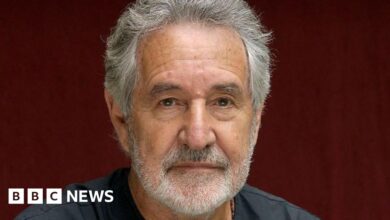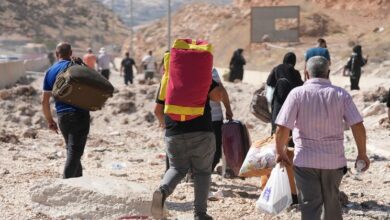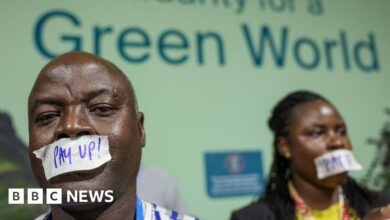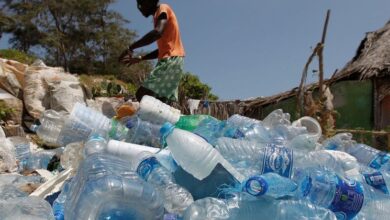UN warns of Israeli attack in southern Lebanon that killed journalists
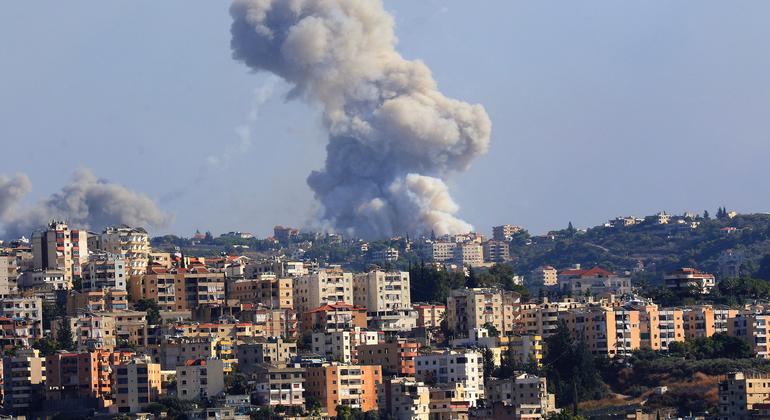
The attack occurred in Hasbaya in Nabatiyeh, outside the area of operations of the United Nations Interim Force in Lebanon (UNIT). The building houses a number of journalists and other media workers.
Expressing concern, UN Deputy Spokesperson Farhan Haq emphasized: “When journalists, protected under international humanitarian law, are targeted, our fundamental rights to Freedom of information and expression is also affected.”
Jeanine Hennis-Plasschaert, United Nations Special Coordinator in Lebanon, and Imran Riza, Humanitarian Coordinator in the country, also expressed concerns.
“All parties to the conflict must comply with their obligations under international humanitarian law”, Mr. Haq added, during a regular press conference at the United Nations Headquarters in New York.
Continuous direct and indirect fires occurred
Mr. Haq added that UNIFIL peacekeepers are still being affected by hostile actions in the Mission’s area of operations, with “continuous incidents of direct and indirect fire” on UN position, endangering peacekeepers.
Established and authorized by the United Nations Security CouncilUNIFIL was tasked with overseeing the cessation of hostilities following the 2006 war between Israel and Hezbollah, confirming the withdrawal of Israeli forces from southern Lebanon, and assisting the Lebanese government in restoring power in the region.
Its area of operations extends from the “Blue Line” separating Lebanon and Israel in the south to the Litani River in the north.
On 22 October, United Nations personnel at a permanent observation post near Dhayra, located 4 km (2.5 mi) from southern Lebanon, were shot by Israel Defense Forces (IDF) soldiers.
On 24 October, a UNIFIL position near Mays al-Jabal suffered damage from indirect fire, damaging a prefabricated building.
On the same day, nearby air strikes damaged a UN vehicle inside a UN position near Kfar Shuba, while a UN position near Burj Qallawiyah suffered minor damage from air strikes impacted about 300 meters away.
Duty to ensure safety
Mr. Haq stated: “All participating parties are reminded of their obligation to ensure the safety and security of peacekeeping forces,” and reiterated the urgent need for a ceasefire and solution. diplomacy for this conflict.
“The Office of the United Nations Special Coordinator for Lebanon and UNIFIL remain present and ready to support those efforts.”

Evacuated families wait to cross the border from Lebanon to Syria.
Humanitarian situation
Amid the ongoing war, the United Nations and other humanitarian organizations are stepping up efforts to reach people in need across the country.
On Friday, a joint humanitarian convoy, including United Nations agencies and non-governmental organizations (NGOs), delivered vital aid to Nabatieh province, including ready meals, kits sanitation and solar lights.
In southern Lebanon, the United Nations Children’s Fund (UNICEF) has provided supplies to repair damaged water facilities, benefiting more than 360,000 people affected by the ongoing bombardment.

Map of UNIFIL’s operational area.
Additionally, the United Nations World Health Organization (WHO) is supporting Lebanese health authorities to vaccinate displaced children in shelters against polio, measles, mumps and rubella.
The shift continues
Hostilities also continue to cause displacement across Lebanon and into neighboring Syria. More than 833,000 people have been displaced in Lebanon and more than 440,000 people – the majority of them Syrian refugees – have fled to Syria, despite dangerous conditions.
This included an Israeli airstrike on Tuesday on the main road at the Masnaa border crossing between Lebanon and Syria – the second airstrike in less than three weeks – which left the vital route impassable.
Adam Abdelmoula, UN, UN: “In addition to blocking the flow of life-saving humanitarian aid, this latest attack is also forcing parents to carry their children and belongings as they travel between the two craters Big fire on the road in search of safety. Humanitarian coordinator for Syria, said in a declare on Thursday.
“It is unacceptable that this vital lifeline exposed tens of thousands of civilians, including women and children, to attack – not once, but twice.. There have also been air strikes near other border crossings between the two countries.”

